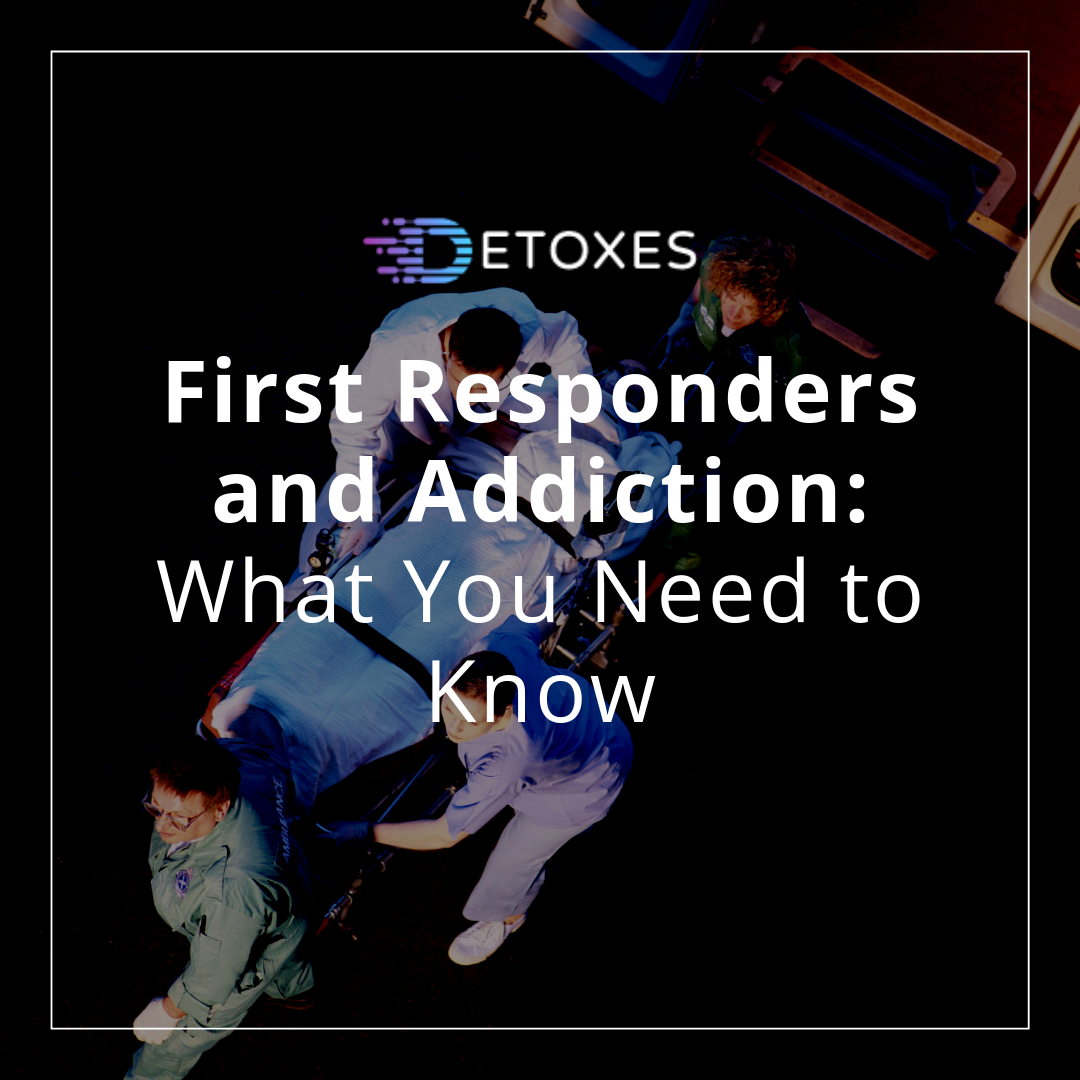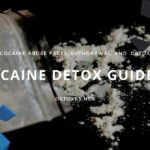First Responders and Addiction: What You Need to Know
First responders include individuals working as police officers, firefighters, emergency medical technicians, and paramedics. These are people who experience very high levels of psychological stress and trauma and thus it is not a surprise that people may try to self-medicate to deal with the trauma that they encounter in their everyday job.
People have different ways to cope with stressful situations and unfortunately, some police offers and other first responders become substance abusers in their attempts to deal with the extreme trauma they face on a daily basis.
It is common for first responders to suffer from post-traumatic stress disorder (PTSD) which is a difficult condition to have, especially when you are expected to deal with human suffering and misery on an everyday basis. PTSD can lead to substance abuse, including alcohol abuse and addiction1.
Alcohol use is common after an individual experiences a traumatic event, and it is thought that the alcohol helps with endorphin levels in the brain. These are the “feel good” chemicals that are naturally made in the brain. The problem is when it becomes a pattern in which individuals are constantly drinking to deal with the problems they regularly encounter each day.
Often people do not realize that alcohol abuse can be as dangerous as other types of drugs. Too often individuals think that problems only occur if they take illegal narcotics, but today drug addiction centers are full of people addicted to legal narcotics including alcohol. In fact, alcohol abuse has been noted to be prevalent among many police officers.
The job stress of first responders
First responders are expected to deal with problems that many of us are unaware of. Police officers have to cope with criminals, and they are also often placed in situations which pose a significant risk to their lives.
Police men and women are often dispatched to help at traffic accidents where they are exposed to much human sadness and carnage. This has to take a toll regardless of how strong a person is since it is only natural for individuals who want to help to experience feelings of sadness and at times, helplessness.
Emergency medical technicians and paramedics respond to many calls for help each day. While sometimes they collect and transport people who are not in immediate risk of death, there are other times when they have to try to resuscitate people who are in critical condition.
Firefighters are also first responders that have to deal with extreme stress from fighting fires to helping extract people from motor vehicles at the scenes of car accidents. All these different first responders deal with a lot of human tragedy, which can lead to feelings of depression and post-traumatic stress.
The stigma of seeking help for addiction and substance abuse
People may be hesitant to seek help even if they do realize they have a problem with substance abuse and addiction because of the social stigma of being labeled a “junkie”2. Being labeled a substance abuser or addict may also jeopardize a person’s job.
First responders are certainly not the only people to self-medicate and become addicted to substances but they do often face greater job stresses due to the nature of their occupation. The culture of many personnel in emergency services may be to avoid discussing issues such as depression, anxiety and PTSD, which only makes the situation worse.
This is particularly the situation with first responders who are expected to be sober and professional at all times on the job. First responders may also often believe it is a sign of weakness to seek help and thus put on a brave face even though they are personally struggling. Until the stigma goes away, this will continue to be a problem, with individuals choosing to self-medicate through substance abuse rather than seek help for their problems.
Where to get help
There are many options available to help with substance abuse and addiction. First responders can also ask their personal physicians for advice and referrals. Since many of the substance abuse problems are linked to PTSD, it would be helpful for individuals to receive counseling and other psychological treatment to find healthier ways to cope with the daily stresses of their jobs.
Anonymous support groups such as alcoholics anonymous may be a viable option for individuals who need to keep their problem confidential. Various recovery centers offer options for substance abuse treatment.
Some of these drug addiction centers do cater to first responders and they offer options such as group therapy and other forms of education on how to overcome the tendency to abuse substances.
Police, fire and ambulance organizations in some countries have recognized the need to provide resources to help their personnel with job stress and coping mechanisms. Unfortunately, this trend varies from place to place and some countries may still lack appropriate resources to help their personnel.
The best support systems to use are those in which the people developing and implementing the programs are aware of the unique stresses that face first responders, and that offer viable options and mechanisms for coping with the job stresses that these people encounter.
Mental health professionals have long recognized the need for help for individuals in high stress occupations, including personnel in the police force, firefighters and medical responders. Funding has been made available in some to countries to help provide training in stress management.
First responder communities need to provide sufficient support and education to help individuals avoid using alcohol and drugs to cope with the demands of their job3 . Police departments should be encouraged to implement stress management programs and educate officers on the dangers of substance abuse4.
- Volpicelli, J., Balaraman, G., Hahn, J., Wallace, H., & Bux, D. (1999). The role of uncontrollable trauma in the development of PTSD and alcohol addiction. Alcohol Research and Health, 23(4), 256-262.
- Dean, J. C., & Rud, F. (1984). The drug addict and the stigma of addiction. International Journal of the Addictions, 19(8), 859-869.
- Reynolds, C. A., & Wagner, S. L. (2007). Stress and first responders: The need for a multidimensional approach to stress management. International Journal of Disability Management,2(2), 27-36.
- Violanti, J. M. (1999). Alcohol abuse in policing. FBI L. Enforcement Bull., 68, 16.








